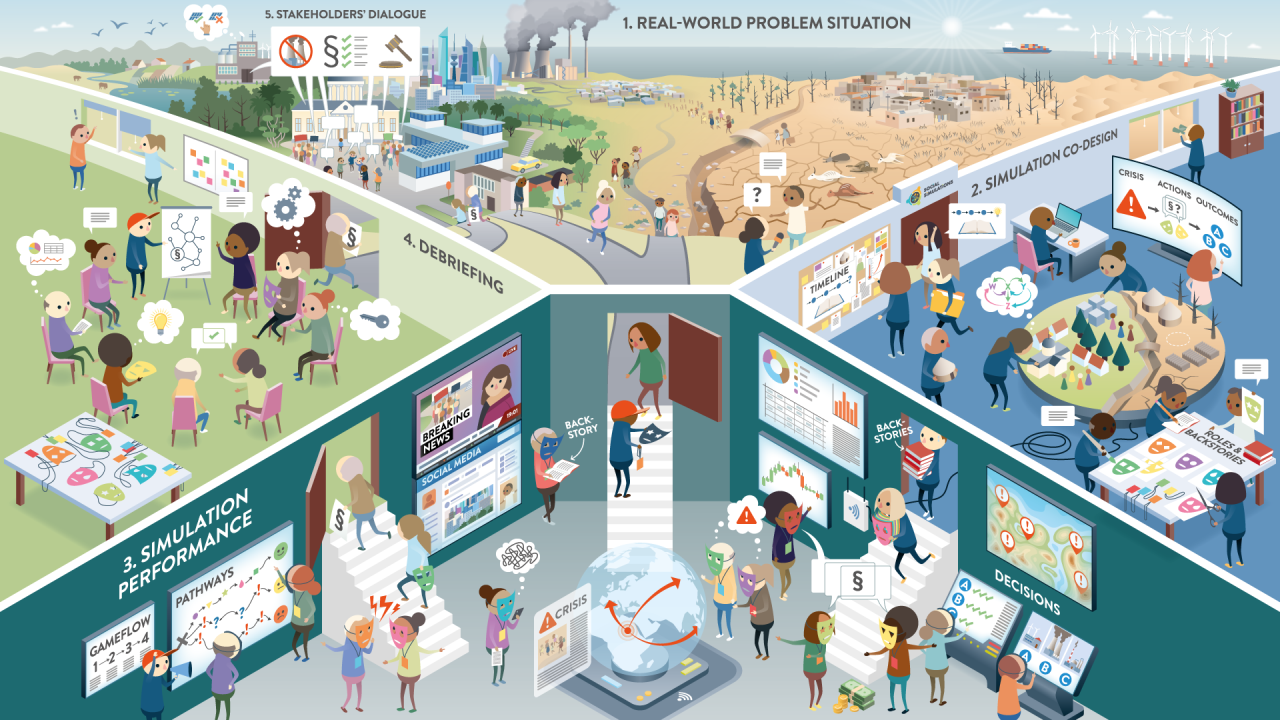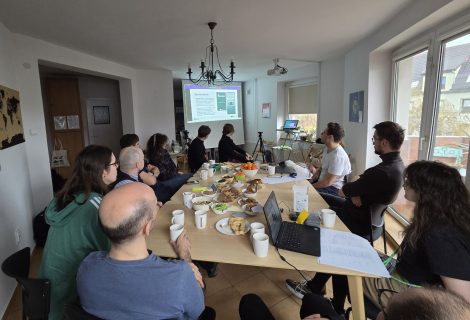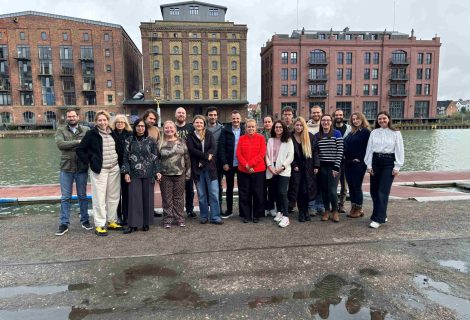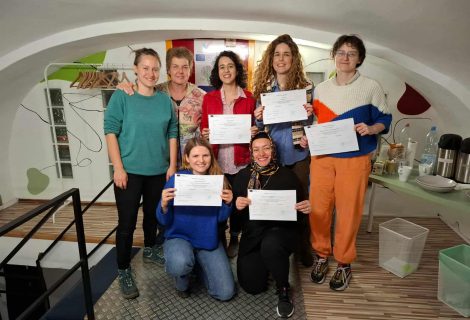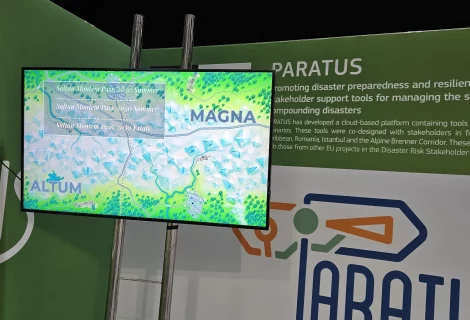New simulation design framework presented at the IIASA Scenario Forum
New simulation design framework presented at the IIASA Scenario Forum
Piotr Magnuszewski presented a new framework for scenario design using social simulations at the Scenarios Forum session on Social Simulations for Exploring Sustainable Futures.
5 Steps Approach: scenario design through social simulations
Scenario design serves as a basis for taking actions in the world. However, the problem with this method is that it too often focuses only on a scientific approach, thus, limiting the engagement of stakeholders, with diverse experience and knowledge, in creating possible action paths.
The method of scenario design through social simulation (already used for many years in CRS) increases stakeholder involvement. The main premise of this method is that simulations have a 5 steps approach:
1) identifying real-world problem situation that affects multiple stakeholders,
2) simulation co-design, during which we take the problem apart by analysing its multi-sectoral factors and finally design a scenario model,
3) simulation performance by stakeholders, who receive data about the problem and work out decisions that give possible solutions to the problem,
4) debriefing, which is used for the analysis of models of interacting factors,
5) stakeholders’ dialogue in the real world, which leads to a solution to the problem.
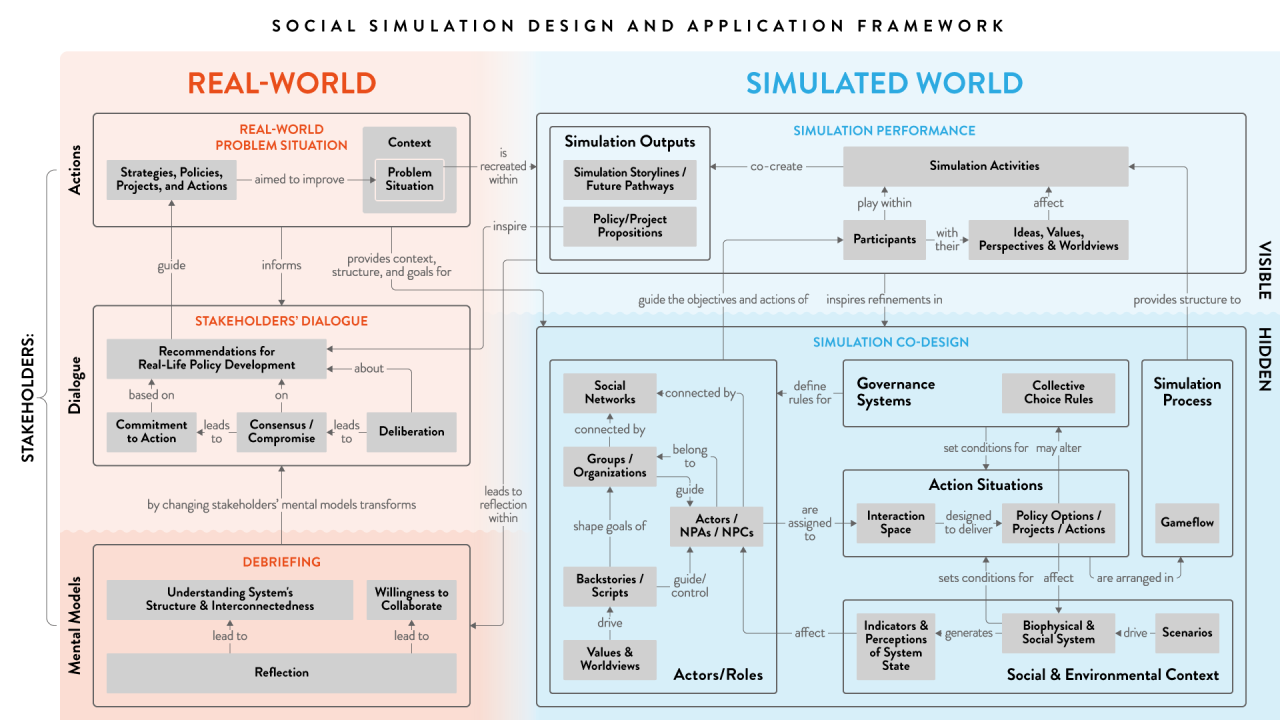
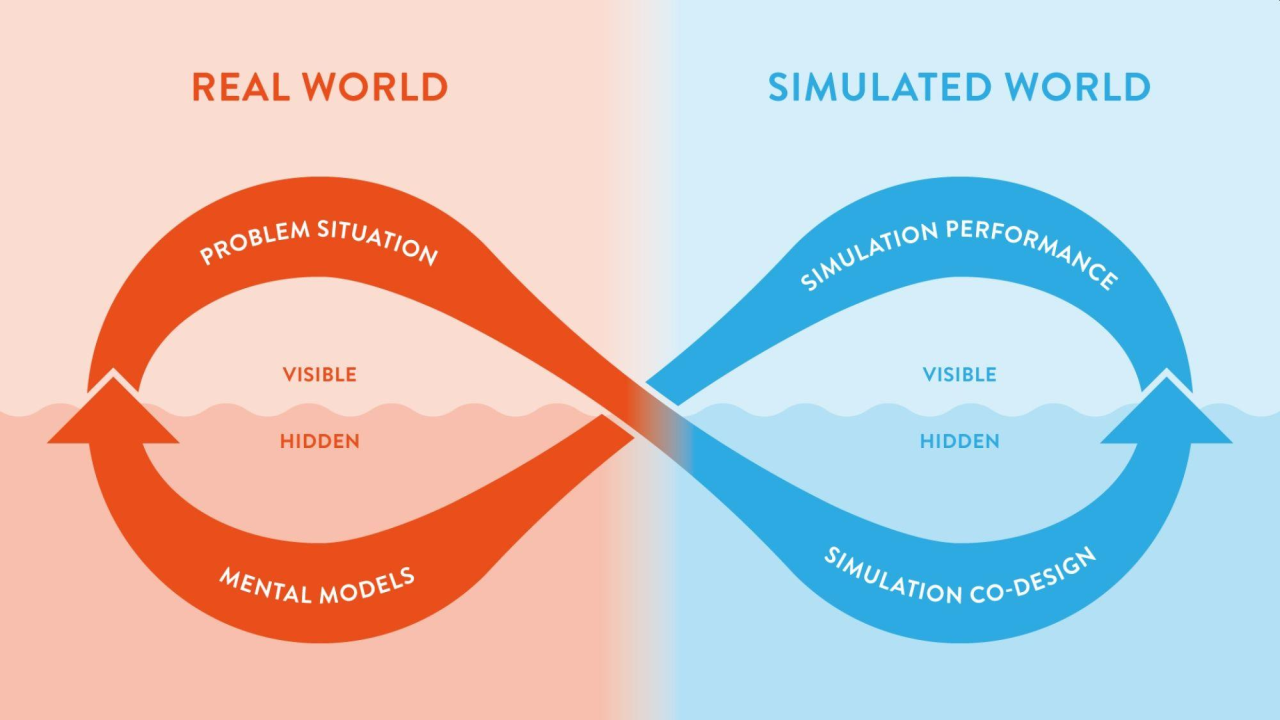
Stakeholder engagement methods
Importantly, the policy design process requires the implementation of appropriate stakeholder engagement methods. Materials used in the simulations are a great aid to this cause. Simulations include: narrative data-driven scenarios, visual materials or give the possibility to engage participants more deeply through the interactive features of simulations (i.e. suggesting policies and discussing ideas on chat with other stakeholders).
To better illustrate these stakeholder engagement methods, Piotr used the example of the Raw Materials Challenge simulation, developed in the project „CASCADES – Cascading Climate Risks: Towards Adaptive and Resilient European Societies”, funded under the EU’s Horizon 2020 program.
The conference was organized by the International Institute for Applied Systems Analysis (IIASA). The session moderators were Anita Lazurko and Vanessa Schweizer from the University of Waterloo, Canada.

